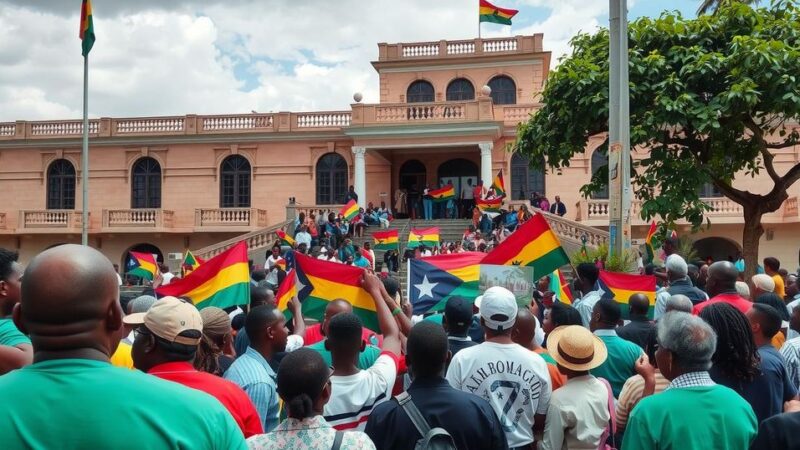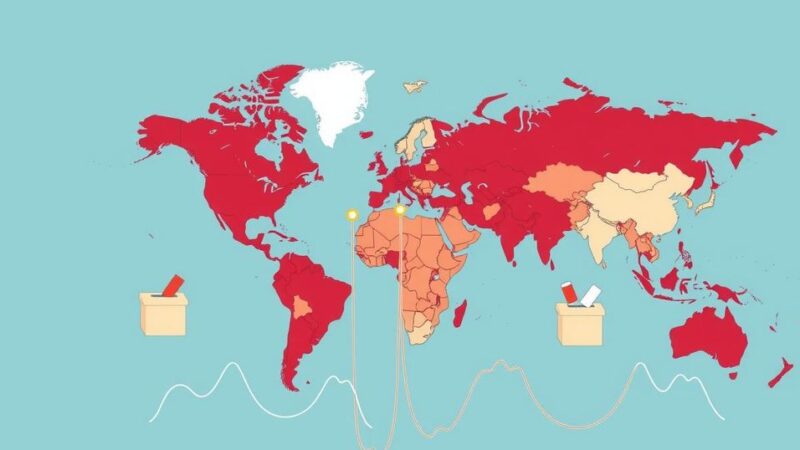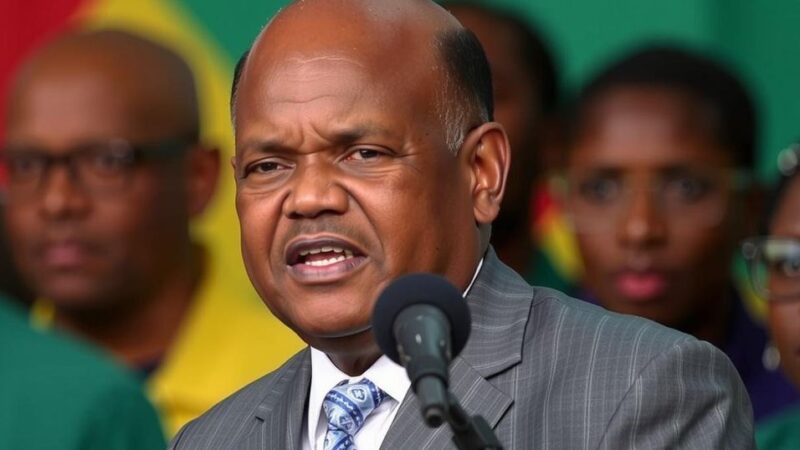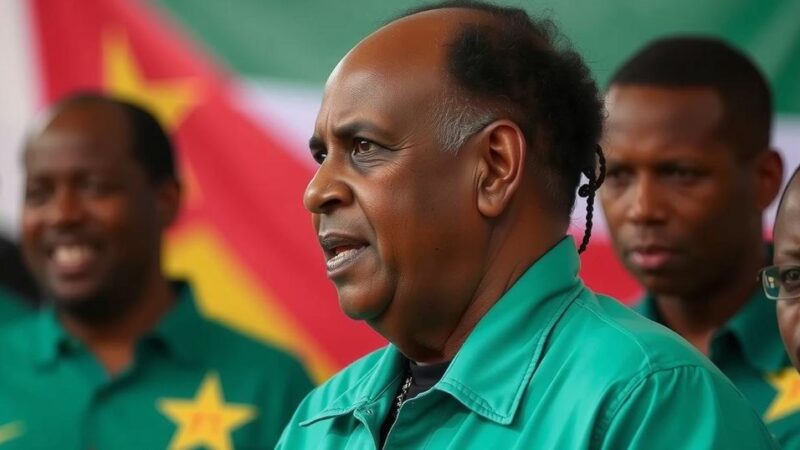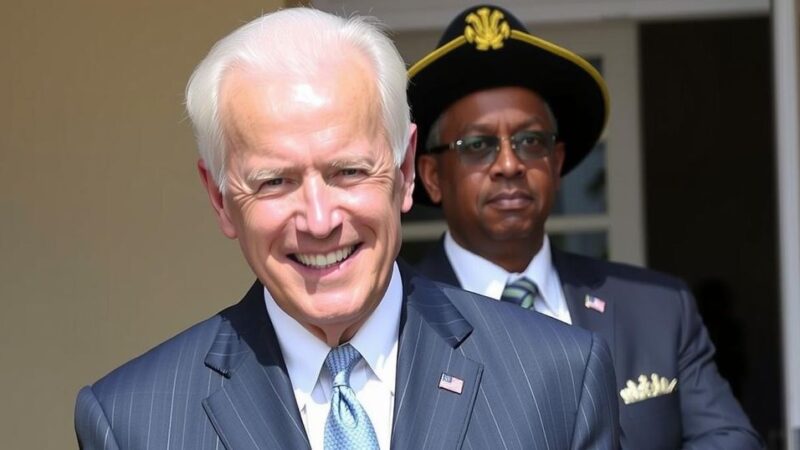Claudia Sheinbaum has become Mexico’s first female president, promising to continue the policies of her predecessor, Andrés Manuel López Obrador, focusing on poverty reduction and social equality. However, she faces significant challenges including rising extremes of poverty and organized crime, and aims to advance women’s rights through new initiatives while addressing the concerns stemming from AMLO’s administration.
Claudia Sheinbaum has ascended to the presidency of Mexico, marking a significant milestone as the nation’s first female leader following a decisive victory in the elections. Securing approximately 60 percent of the votes, Sheinbaum is expected to build upon the popular policies championed by her predecessor, Andrés Manuel López Obrador (AMLO), known for his focus on poverty reduction and the alleviation of inequality. Nonetheless, she faces a daunting landscape filled with challenges, including organized crime, violence, and the complexities of governance in Mexico. Before her presidency, Sheinbaum held the position of secretary of the environment in Mexico City and became the first female mayor of the capital. Her past expertise in climate change aligns with initiatives during AMLO’s administration, even as she continues to support his pro-hydrocarbon energy policies. Under AMLO, significant strides were made in improving poverty indicators, with over five million citizens moving above the poverty line from 2018 to 2022 due to policies such as a notable increase in the minimum wage. However, critics highlight that while poverty rates have seen reductions, extreme poverty and lack of access to health and educational services have risen alarmingly. As Sheinbaum embarks on her presidential term, she promises continuity of AMLO’s innovative programs, navigating through several controversial constitutional amendments, including the reformation of the justice system, which has drawn significant opposition from human rights organizations. Her government faces scrutiny over the militarization of civilian security and its implications for human rights, particularly concerning women’s safety. In addressing issues of gender-based violence, Sheinbaum plans to introduce initiatives focused on women’s rights, diverging from some of AMLO’s policies. She has pledged to create a National Care System to support the traditionally undervalued unpaid care work performed by women, aiming for a comprehensive approach to women’s autonomy and development. As the landscape of Mexican politics evolves under her leadership, the tension and contradictions inherent in AMLO’s administration remain relevant. While initiatives aimed at social justice were commenced, concerns about the rising influence of organized crime and the military overshadowed progress. Sheinbaum’s ability to govern inclusively and effectively will be paramount in addressing the historical inequalities and social issues that have long plagued Mexico.
Claudia Sheinbaum’s presidency comes on the heels of a transformative era under Andrés Manuel López Obrador, characterized by the Cuarta Transformación (Fourth Transformation) initiative. This movement aimed at reducing corruption and alleviating poverty faced substantial critiques, especially regarding issues such as organized crime and gender violence. Inheriting a divided political landscape, Sheinbaum’s administration must navigate ongoing societal challenges while maintaining the popularity derived from AMLO’s historical reforms.
In summary, President Claudia Sheinbaum steps into a pivotal role with the promise of continuing transformative political initiatives while addressing the enduring social issues within Mexico. Her success will largely depend on her ability to balance the ambitions of her predecessors with the pressing societal demands that confront the nation, particularly in the realms of public safety, gender equality, and economic stability.
Original Source: www.aljazeera.com


